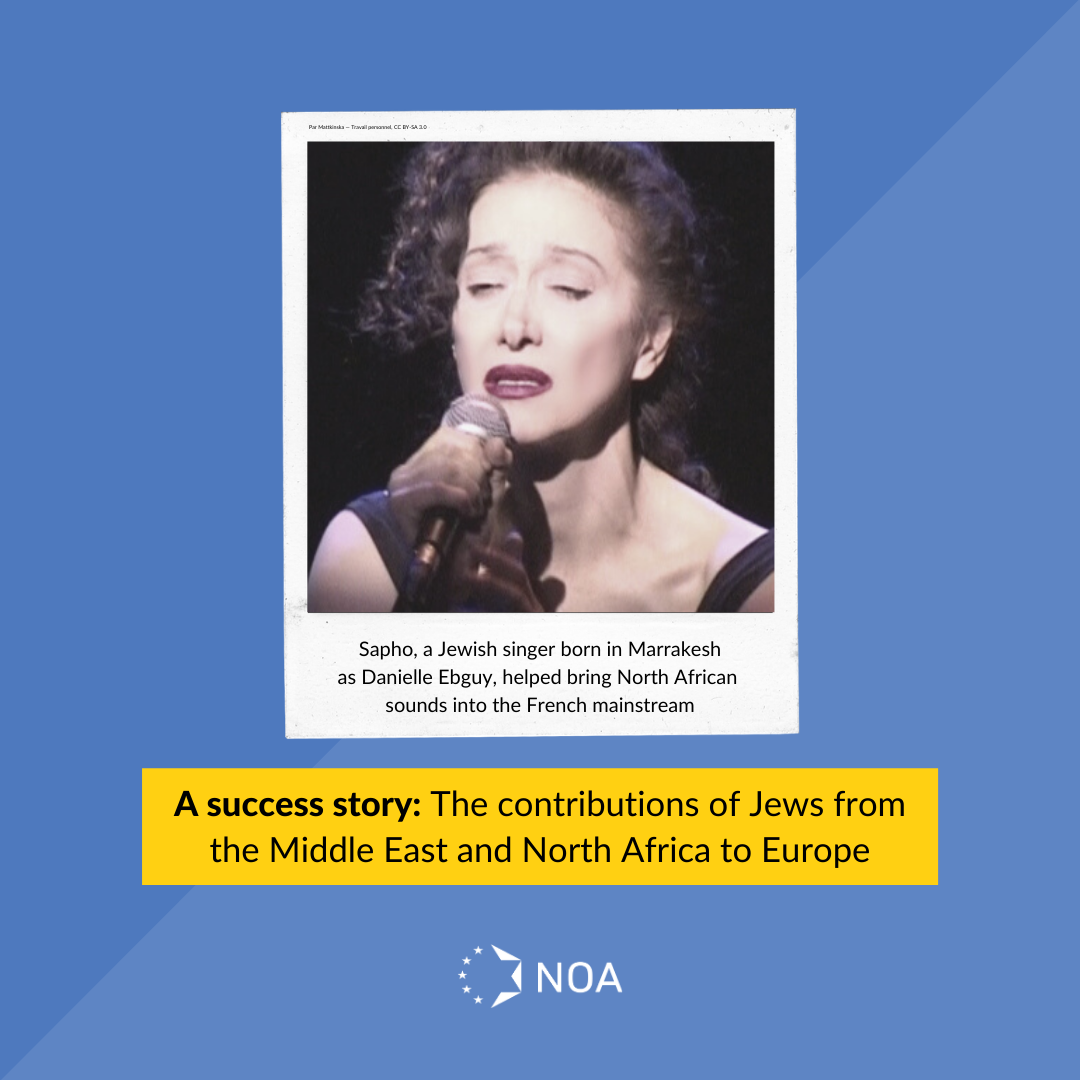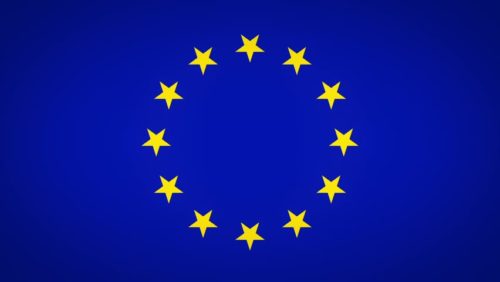MENA region commemoration
After France’s colonies gained independence after World War II, almost 250,000 Sephardic Jews emigrated, often to Israel, but also to France. On November 30th, we commemorate the plight of these Jewish refugees from the Middle East and North Africa. Jews from Morocco, Algeria, and Tunisia have turned 21st century France into the home of the world’s third-largest Jewish population – and injected the country with renewed cultural, commercial, and political energy.
Consider a few French-Jewish success stories.
Begin with Algerian-born Jacques Attali. An economist, writer, political advisor, and civil servant, he served as a counselor to President François Mitterrand from 1981 to 1991 and launched the European Bank for Reconstruction and Development. Outside of politics, he’s a prolific author writing essays, novels, biographies, memoirs, and even children’s stories.
On a musical note, listen to Sapho, a singer born in Marrakesh as Danielle Ebguy. She emigrated to France at the age of 16 and helped bring North African sounds into the French mainstream, singing in French, English, Arabic, Spanish, and Hebrew. Other Sephardic Jewish singers include jazz pianist Frank Ansellam, born in Oran, pop singer Patrick Bruel, originally Patrick Benguigu, and DJ David Guetta, son of a Moroccan Jewish family.
Many of the country’s most distinguished philosophers and literary critics draw their roots from North Africa. Algerian-born Helene Cixous and Jacques Derrida created deconstructionism. Bernard Henri-Levy, born in 1948 in Beni Saf, Algeria, became the quintessential activist philosopher, launching the “Nouveaux Philosophes” (New Philosophers) movement of the activist thinker engaged in pursuing social justice for, among others, Bangladeshis and Kurds.
When Jews think of France, they often focus on terrorism, antisemitism and aliyah. They should add another just-as-important focus: Success.


 NOA is co-funded by the Rights, Equality and Citizenship Programme (2014-2020) of the European Union
NOA is co-funded by the Rights, Equality and Citizenship Programme (2014-2020) of the European Union